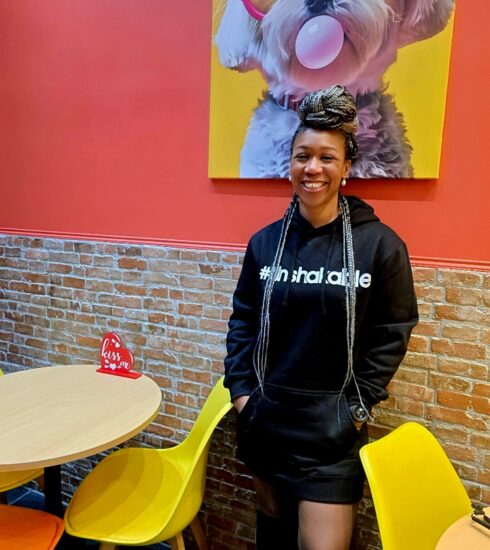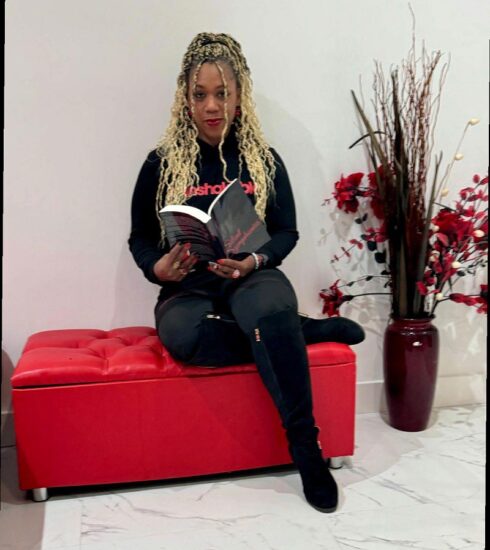Untold Truths: The Fatherhood Silence
From the outside, he was everything a man was supposed to be.
He provided. He protected. He showed up. His children never went hungry, his wife never lacked a roof, and his family had the respect of their community. He was praised as reliable, a pillar, the man who did it right.
But behind closed doors, silence filled the spaces where love should have been.
His wife felt it most. She tried to reach him, to pull him into conversations about feelings, about needs, about the cracks widening between them. Each time she was met with the same weary retort: “What is it you and the children want that I have not provided as a father, a husband, and as a man?”
And each time, she gave the same answer: “You have provided everything. But I want your heart.”
He looked away. Not out of cruelty, but because he could not give what he did not know how to offer. His upbringing had not taught him tenderness, only stoicism. Society had not rewarded vulnerability, only strength. And love — real, consuming love — had come for him too late, in the arms of someone else.

By day, he performed his role. By night, he drifted into the streets, searching for what lay at the end of the rainbow. He found her — the mistress who unlocked a part of him he thought long buried. With her, silence was not emptiness but comfort. With her, he laughed, he touched, he felt alive. For the first time in years, his heart beat for someone.
And yet, he could do nothing about it.
He would never leave. Duty and culture bound him tightly. His family name, his children, his religion — all of it demanded he remain where he was, even as his soul pulled elsewhere. So he lived two lives: the dutiful husband at home, the man in love elsewhere.
The mistress understood this, perhaps more than he did. On the surface, she benefited. She had him in moments, without the full weight of a shared life. She had the thrill, the intimacy, the declarations whispered in shadows. She could love him without having to live the grind of marriage.
But she, too, battled demons. For every moment of stolen joy, there was the sting of society’s labels: homewrecker, interloper, shame. For every selfish advantage — no in-laws, no financial strains, no mundane routines — there was the grief of knowing she could never claim him openly. She loved him, but her love was trapped between selfish convenience and a longing for legitimacy.
So they existed in limbo. Two people who found in each other what they could not find elsewhere, yet bound by a silence that grew heavier with each passing year.
To outsiders, the judgment was simple: he was selfish. He gave his wife money but not his heart. He gave his children stability but not presence. He gave his mistress passion but not a future. He lived for himself.
But to those with gentler insight, his story was more complicated. Perhaps he was a victim — of a stoic upbringing, of cultural scripts that never allowed men to cry, to confess, to love with abandon. He had been told his duty was provision, and he did it well. No one taught him that provision without presence is a half-love, or that silence can starve a marriage as surely as betrayal.

And still, what does one call a man who loves outside his vows but cannot leave them? Villain? Victim? Both?
In the end, he gave everyone something, but no one everything. His wife had his name, his children had his duty, his mistress had his heart. And he — he had silence.
Perhaps this is the #Unshakable truth: that some men are damned if they do, damned if they don’t. Until society allows men to be as human in their emotions as they are in their duties, we will continue to raise husbands who provide roofs but not warmth, and fathers who give security but not intimacy.
And the women who love them — wives and mistresses alike — will continue to ache for a heart that cannot be given.
‘See’ you next week.

IG Handle: @unshakable.is.a.state.of.mind






